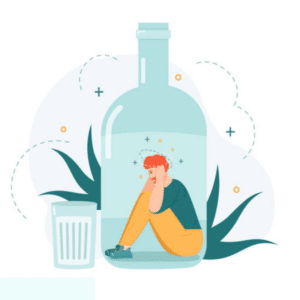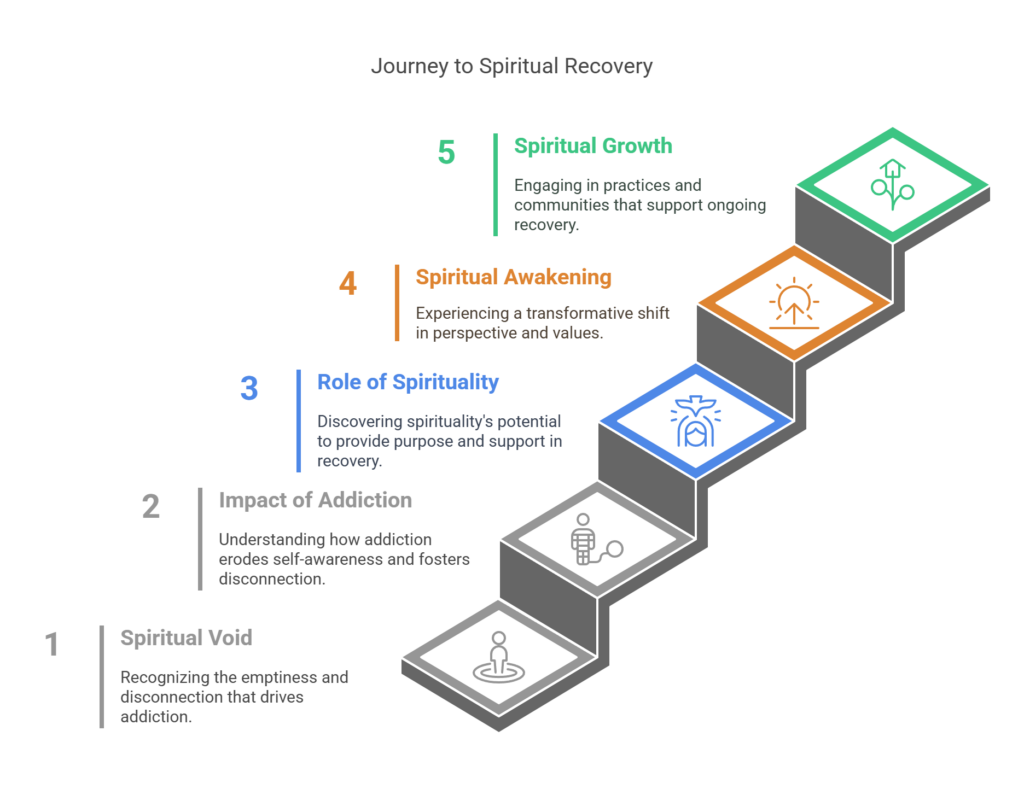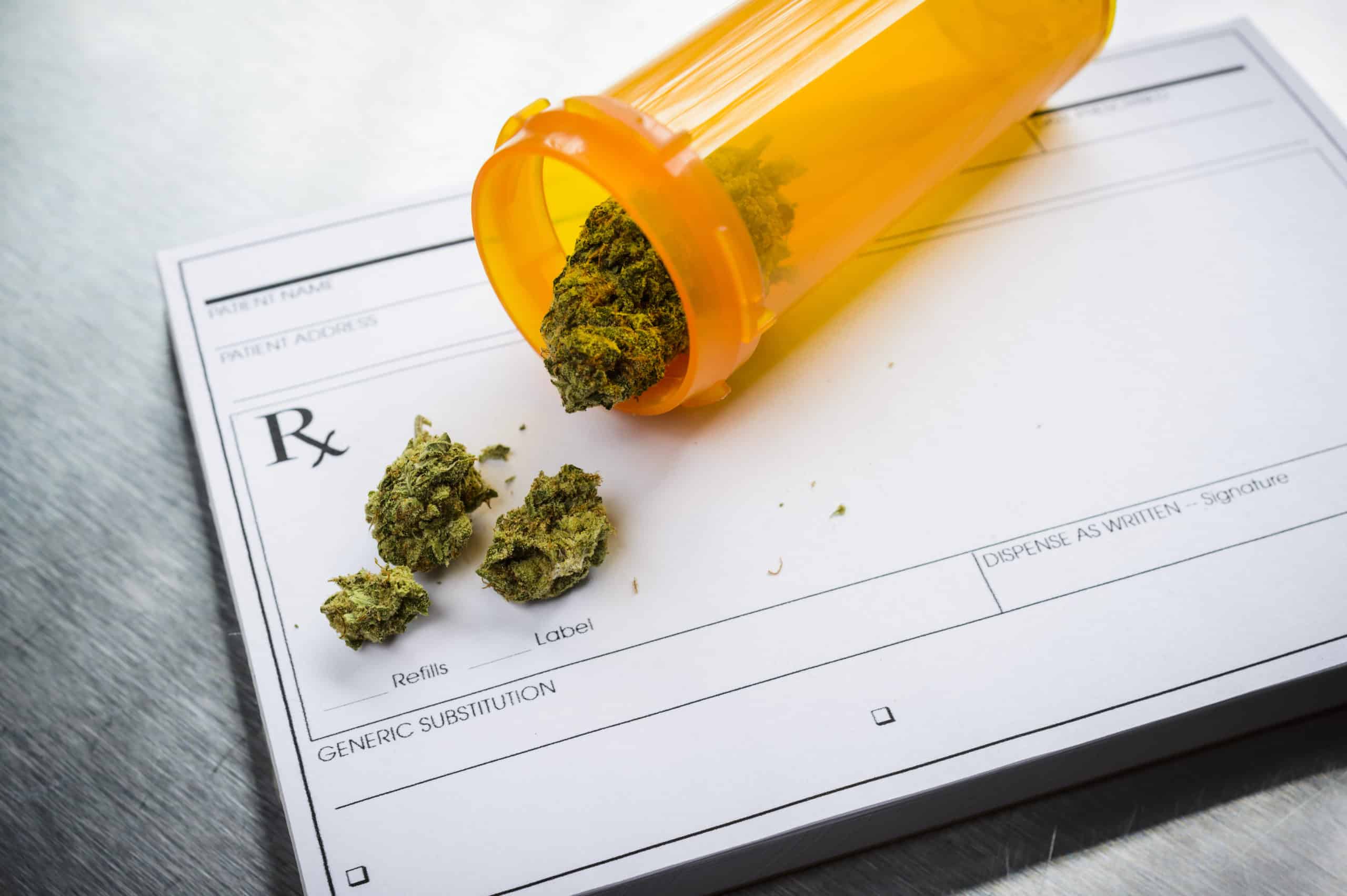In recent years, the drug fentanyl has been a hot-button topic in the news, and not for a good reason. While fentanyl is used in medical settings as a pain reliever, misuse and abuse of fentanyl have become a leading cause of death among illicit drug users in recent years. Within the last year, many individuals of all ages have lost their lives to unintentional overdose by taking drugs “laced” with fentanyl. Many more, including well-known celebrities, have died by overdosing on fentanyl. It is a potent synthetic (artificial) opioid analgesic that functions similarly to morphine. Unfortunately, fentanyl is up to one hundred times more potent than morphine and, therefore, extremely dangerous when abused or misused. For many, fentanyl addiction is quick to develop and must be treated similarly to opioid addiction.
Understanding fentanyl addiction
Fentanyl is a synthetic opioid that is used medically to treat severe pain, primarily in cancer patients. However, it is also produced illicitly and sold on the black market, where it is often mixed with other drugs such as heroin. Fentanyl is highly addictive and can cause significant physical and psychological harm.
Fentanyl addiction occurs when a person becomes dependent on the drug and is unable to stop using it, despite the negative consequences it may be causing in their life. Addiction can happen quickly, even after using the drug only a few times.
The dangers of fentanyl abuse
Fentanyl is a potent drug that is much stronger than other opioids, such as morphine or heroin. Even a small amount of fentanyl can be deadly, especially if it is mixed with other drugs like cocaine or methamphetamine. Fentanyl overdoses have become increasingly common in recent years, with thousands of deaths reported each year.
In addition to the risk of overdose, fentanyl abuse can also cause a range of other health problems, including respiratory depression, nausea, vomiting, and constipation. Long-term abuse can lead to physical dependence and withdrawal symptoms if the drug is stopped.
Signs and symptoms of fentanyl addiction
Recognizing the signs and symptoms of fentanyl addiction is an essential first step in seeking help for yourself or someone you know. Some common signs of addiction include:
- Taking more fentanyl than prescribed or using it more frequently than recommended
- Difficulty controlling drug use
- Spending a lot of time and money on obtaining and using fentanyl
- Neglecting responsibilities at work, school, or home
- Withdrawal symptoms when attempting to stop using fentanyl
If you or someone you know is experiencing these symptoms, it’s essential to seek help from a medical professional or addiction specialist.
Detoxification process for fentanyl addiction
Detoxification from fentanyl addiction should always be done under the supervision of a medical professional. Withdrawal symptoms can be severe and potentially life-threatening, so it’s crucial to have medical support during this process.
Detox can be done on an outpatient or inpatient basis, depending on the severity of the addiction. Inpatient detox is recommended for those with severe addiction, as it provides 24-hour medical supervision and support. Outpatient detox may be appropriate for those with milder addiction, but it may not provide the same level of support and monitoring.
How to Get Off Fentanyl
If you or a loved one struggles with a fentanyl addiction, it is crucial to seek addiction treatment immediately. Fentanyl is a highly addictive substance. Regular use of fentanyl, either legally or otherwise, can quickly lead to dependence and tolerance. When someone is dependent on the effects of it, and they stop using, painful and unpleasant side effects often develop. The most common withdrawal side effects include anxiety, agitation, body aches, difficulty sleeping, sweating, gastric disturbances, nausea, and vomiting. Other, more severe symptoms can include delirium tremens (DTs), irregular respirations, irregular heartbeat, and seizures.
The more severe symptoms related to opioid withdrawal make a medically assisted detox (MAT) program the best way to get off fentanyl. Detoxing from it in a safe and supported environment like Relevance Recovery is crucial to your health, safety, and overall treatment success. Many who struggle with opioid addiction and choose to withdraw “cold turkey” often fail, and relapse results as withdrawal symptoms become overwhelming and too difficult to manage. In a MAT setting, trained medical providers are available to support your emotional, physical, and spiritual needs through the detox process.
Find a Treatment Center
Across the United States, there are thousands of addiction treatment centers providing comprehensive addiction treatment options. While all treatment programs strive to provide the highest possible level of care designed to help you achieve sobriety in a safe and supported environment, not all are equipped to provide equivalent treatment options. If your specific treatment needs include medically assisted detox, it is crucial to ensure the program you choose offers such services. When detoxing from this drug (or other opioids), a MAT program is essential to ensuring you are able to detox in a safe and supported environment.
Treatment options
After detoxification, the next step in fentanyl addiction treatment is to address the underlying psychological and behavioral factors that contribute to addiction. This can be done through a variety of treatment options, including:
- Behavioral therapy: This type of therapy focuses on changing behavior patterns and developing coping skills to manage cravings and triggers.
- Medication-assisted treatment: Certain medications, such as buprenorphine or methadone, can be used to help manage withdrawal symptoms and reduce cravings.
- Residential treatment: This type of treatment involves living in a treatment facility for a period of time while receiving intensive therapy and support.
Preventing relapse after fentanyl addiction treatment
Relapse is a common challenge in addiction recovery, but it’s important to remember that it doesn’t mean failure. Relapse is a part of the recovery process for many individuals, and it’s essential to have a plan in place to prevent and manage it.
Some strategies for preventing relapse after fentanyl addiction treatment include:
- Attending support groups and therapy regularly
- Developing healthy coping mechanisms, such as exercise or meditation
- Avoiding triggers, such as people or places associated with drug use
- Having a strong support system of friends and family
Resources and helplines for individuals struggling with fentanyl addiction
If you or someone you know is struggling with fentanyl addiction, there are resources and helplines available to provide support and guidance. Some of these resources include:
- National Helpline: 1-800-662-HELP
- SAMHSA’s National Helpline: 1-800-662-4357
- Narcotics Anonymous: https://www.na.org/
- SMART Recovery: https://www.smartrecovery.org/
- Substance Abuse Treatment Facility Locator: https://findtreatment.gov/
Participate in a MAT Program
If you or a loved one are struggling with a fentanyl addiction, participation in a MAT program is crucial to your treatment success. Deciding to enter rehab is a challenging but, in many cases, life-saving decision. If you are ready to begin your treatment journey but are unsure where to start, reach out to our Freehold, New Jersey admission team today. Not all treatment centers treat the same conditions. Therefore, it is critical to find one like Relevance Recovery which provides detox and treatment services specific to fentanyl (and other opioids) addiction.
Our caring and compassionate treatment staff will work with you to create an individually designed treatment plan that considers your physical and psychological treatment needs and goals. Beginning with medically assisted detox and continuing through a thorough aftercare plan, the team at Relevance Recovery strives to ensure all aspects of your treatment occur in the safest and most supported environment available. If you are ready to get off fentanyl, reach out to the admissions team at Relevance Recovery today to learn more about how our MAT program can help you achieve your recovery goals.










